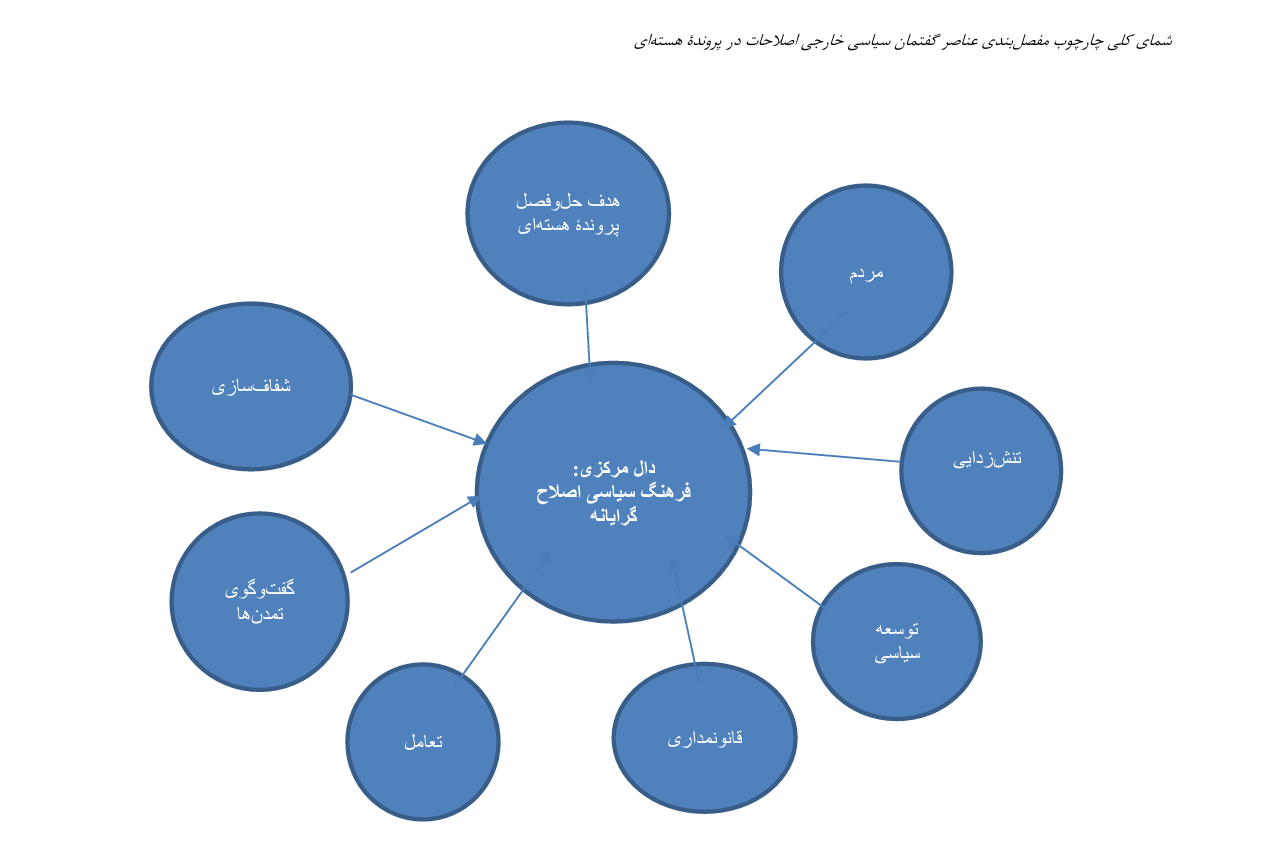The Impact of Elite Political Culture on the Decision-Making Process of the Nuclear Case During the Reformist (Khatami) and Justice-Oriented (Ahmadinejad) Presidencies
Keywords:
Elite political culture, discourse analysis, decision making, nuclear caseAbstract
In the final days of the 14th century of the Iranian calendar, Iran’s nuclear case emerged as one of the most critical and contentious issues in the country's foreign policy, intricately linked with the lives of Iranian citizens and the very existence of the political system. Given this significance, the present article investigates the effects of the political culture of decision-making and policy-making elites on the development of the nuclear case. Since the direct executors of decisions and policies have continuously changed throughout the two decades following the emergence of this controversy—and considering the diversity of discursive characteristics among these elites, particularly in the executive branch and the Ministry of Foreign Affairs—it is necessary to analyze how elite political culture has influenced the trajectory of the nuclear dossier by examining the discourses and developments during the dual periods of reformism and neo-principlism. Within this framework, the main research question is: How has the political culture and discourse of political elites influenced the decision-making process in Iran’s nuclear case? To address this question, the core hypothesis posits that the differing political cultures of elites have led both to transformation and a form of continuity within the framework of a culture based on official Islamic doctrines in nuclear-related discourses. Furthermore, with the shift in foreign policy elites during each period, the tactics used to pursue Iran’s objectives in the nuclear file have also changed. Ultimately, the study’s findings indicate that the progression of the nuclear case has been directly governed by the deeply historical and entrenched political culture of Iranian elites, which has been fused with the overarching discourse of the Islamic Revolution and its hegemonic influence on foreign policy in the post-revolutionary era. This fusion has resulted in the attrition of Iran’s political, economic, and social capacity on both domestic and international levels, as the dominant discourse strategy appears to be one of maintaining the unresolved status quo, neither fully resolving the issue nor allowing it to collapse.
Downloads
References
Barzegar, K. (2009). The Paradox of Iran's Nuclear Consensus. World Policy Journal, 26(3). https://doi.org/10.1162/wopj.2009.26.3.21
Darvishi, F., & Tazeh Kand Fardi, M. (2008). The Concept of National Interests in the Foreign Policy of the Islamic Republic of Iran (Case Study: Khatami Administration, 1997-2005). International Geopolitical Quarterly(13), 120-136.
Dehghani Firouzabadi, S. J., & Ataei, M. (2015). Discourse Analysis of the Nuclear Policy of Ahmadinejad's Administration: From Hegemony to Decline. Iranian Journal of International Politics Research, 4(1), 22-58.
Devine, J. (2008). Iranian Nuclear Motivations: Domestic and International Interactions. In Z. Soushiant & L. H. Wade (Eds.), Iran in the World: The Nuclear Crisis in Context (pp. 88-105). University of British Columbia.
Ehteshami, A., & Mahjoob, Z. (2008). Iran and the Rise of its Neoconservatives. I. B. Tauris & Co Ltd. https://doi.org/10.5040/9780755609932
Hazeri, A. M., & et al. (2011). The Discourse of Islamic Reformism in Post-Revolutionary Iran. Social Sciences EncyclopediaVL - 3(4).
Hunter, S. (2010). Iran's foreign policy in the post-Soviet era: resisting the new international order. greenwood publishing group. https://doi.org/10.5040/9798400672514
Izadi, R., & Rezaei Panah, A. (2013). Social and Economic Foundations of Transformation in Dominant Political Discourses in the Islamic Republic of Iran. Contemporary Political Studies, 4(4).
Moghadami, M. T. (2011). Laclau and Mouffe's Discourse and Its Critique. Quarterly Journal of Cultural and Social Knowledge, 2(2).
Mohammad Nia, M. (2012). Iran's Foreign Policy: Toward a Constructivist Perspective. The Journal of Political Science, 30(1), 1-40ER -.
Moshirzadeh, H. (2007). Discursive Foundations of Iran s Nuclear Policy. Security Dialogue, 38(4), 521-543. https://doi.org/10.1177/0967010607084999
Rasouli Sani-Abadi, E. (2015). Four Approaches to Foreign Policy Analysis: Case Study of the Eleventh Administration. Quarterly Journal of Foreign Relations, 7(25), 93-120.
Tajik, M. R. (2004). Discourse, Counter-Discourse, and Politics. Institute for Research and Development of Humanities.
Tohidfam, M. (2018). Good Governance and the Social Security System. Scientific and Cultural Publications Institute.








